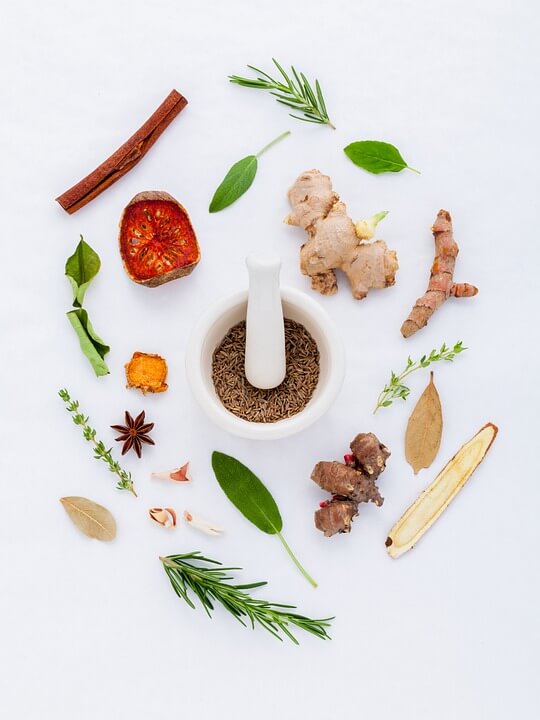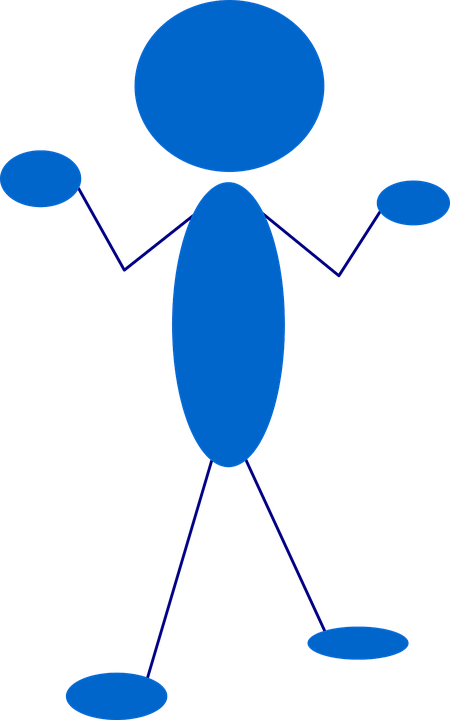I don’t care how fabulous your grocery shopping skills are. It’s impossible to write a grocery list from “everything in moderation.”
As a breast cancer patient, you deserve a crackerjack treatment team.
- Oncologist? Check.
- Radiologist? Check.
- Breast surgeon? Check.
- Nurse navigator? Check.
- Plastic surgeon (if needed)? Check.
You deserve to feel heard and free to speak what’s on your mind.
You deserve to ask (and have answered) a million questions in a safe, supportive environment.
You deserve to feel confident your team makes decisions using sound clinical judgement.
There are lots of moving parts to a breast cancer diagnosis. Some obvious (above), others more subtle. Each moving part requires expert management to ensure your recovery and wellbeing.
Although you may not realize it, one of those subtle moving parts is your nutritional status. And yes, it requires its own expert.
Think not?
Consider all the nutrition questions you have.
Here are a few:
Now, consider the answers you get from your team.
A Critical Treatment Team Member MIA
The nutrition answers from your team are likely well-intentioned, but more likely? They’re uninformed.
The answers are too general. They’re not specific. They don’t “sound” right to you.
Of course they don’t!
The clinical judgement I mentioned earlier develops from years of training and experience. None of those experts on your team train for years in nutrition. Often, I hear patients lament the lack of a nutrition expert on their team.
Patients even tell me they want nutritional guidance at their treatment planning meeting.
Not two weeks or even two days later; but at the same meeting.
The meeting that determines surgical options, an assigned radiologist and potential treatment paths? It’s in that meeting patients want to learn what to buy at the grocery store on their way home, or at least, the very next day.
I don’t care how fabulous your grocery shopping skills are. It’s impossible to write a grocery list from “everything in moderation.”
And to find nourishing recipes guided only by “eat healthy and smart?” That’s an exercise in futility.
Besides, you want to leave that meeting feeling somewhat in control.
Doing all you can to support your healing and outcomes with diet feels empowering!

Why Your Treatment Team Needs an Oncology Dietitian
It’s clear, with an average dietitian-to-patient ratio of 1:2,674, there aren’t enough of us to go around. (1)
To fill the gap, some breast cancer centers call on random healthcare professionals.
I don’t advocate for that.
Anyone can take a couple of obligatory nutrition classes or read a basic nutrition text. Excellent! Rudimentary nutrition knowledge is always helpful for any healthcare professional.
But it’s not the same as having a trained, credentialed, experienced dietitian on your team. RD’s are invaluable in contributing their own unique expertise and clinical judgement.
Dietitians can also earn an extra level of certification in oncology nutrition (CSO). Trained in the nutritional management of cancer, CSO’s can help you deal with side effects. (2)
When you’re in active treatment, the support of an oncology dietitian is priceless. It allows you to focus on healing rather than trying to manage symptoms on your own.
Here are other ways they help:

Even Before Treatment Starts, You Can Help the Healing Process Begin
I’m not a CSO, but I am an RD who’s been through breast cancer.
Soon after my diagnosis, I read an article in CURE Magazine. It spoke to the power of “getting ready for treatment” – a PREHABILITATION model, if you will. (3)
Using exercise and nutrition protocols, PREHABILITATION prepares patients to better withstand treatment.
In that moment, I realized my experience as a lifestyle dietitian would serve me well in my own treatment. I’m also a personal trainer, the perfect complement to the nutrition piece.
And I wanted to help other patients.
I worked out my own breast cancer nutrition strategy, thanks to the wise counsel of an RD friend. Although not a CSO, she has an oncology background.
She knows her way around cancer treatment nutrition. And she helped me more than she’ll ever know.
I’ll never forget sitting at a coffee shop with her, feeling such relief as she guided me. As a nutrition professional, I was familiar with the specifics she shared. But as a cancer patient?
This was completely foreign territory.
Working with her made it feel like everything was going to be okay. I trusted her 100 percent, and left that meeting feeling empowered.
I headed straight to the grocery store, clutching my list of items.
With my core nutrition knowledge, I took what she shared and made it work day-to-day, tweaking as needed. I did that throughout my entire treatment, and continue today.
And I want that for YOU.
Just like you deserve a crackerjack treatment team? You DESERVE to feel nutritionally confident.
What to Do Now
- Inquire whether your treatment facility has an oncology dietitian on staff. | Many patients tell me they didn’t realize oncology dietitians exist. They also don’t know where/how to find one. Your doctor can refer you.
- No dietitian on staff at your facility? | Here’s a reliable source for basic guidance.
- Tell me whether you think a dietitian should be part of the treatment team, and why or why not. | Leave your answer in the comments below.
- Want a basic guide on nutrition and fitness made available to you at your treatment center? | Leave the name of your treatment center in the comments; I’ll reach out to them.
__________________________________
Learn the basics of a breast cancer diet from me, a registered dietitian and breast cancer survivor. To create your OWN customized nutrition plan, CLICK HERE.
SOURCES



